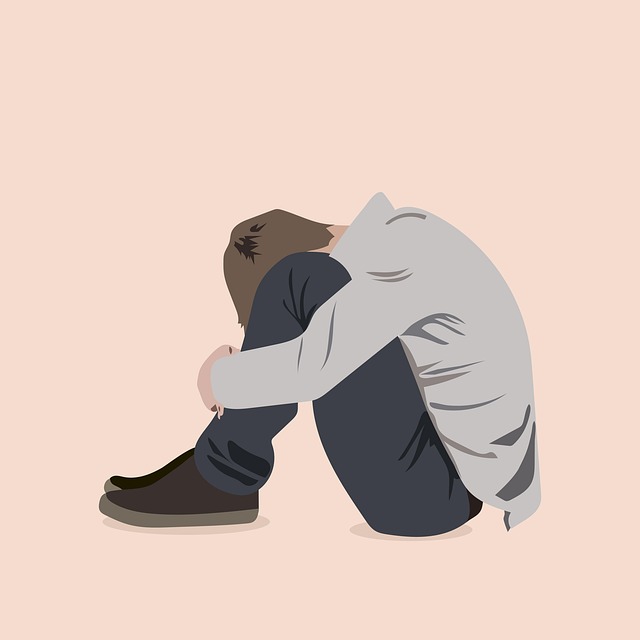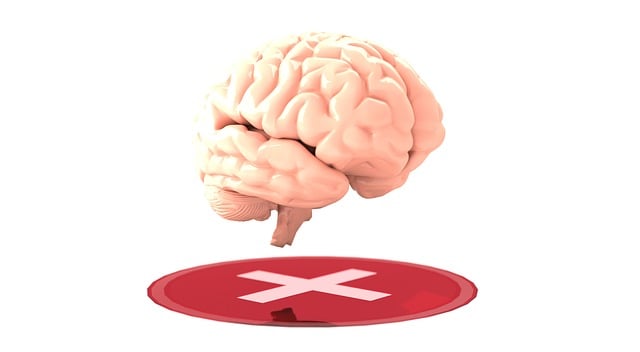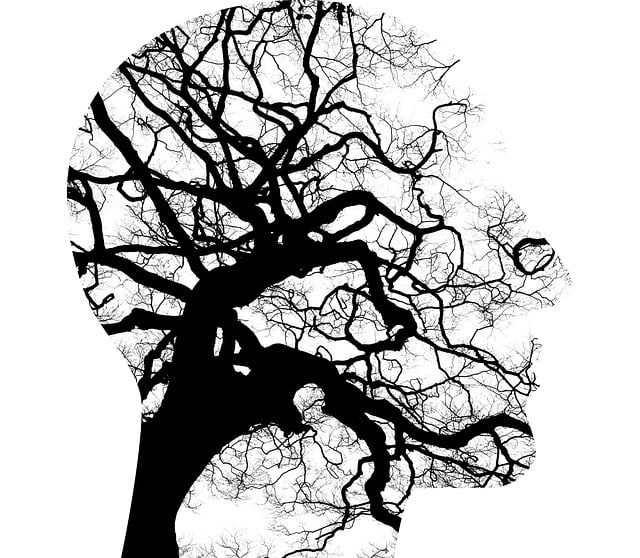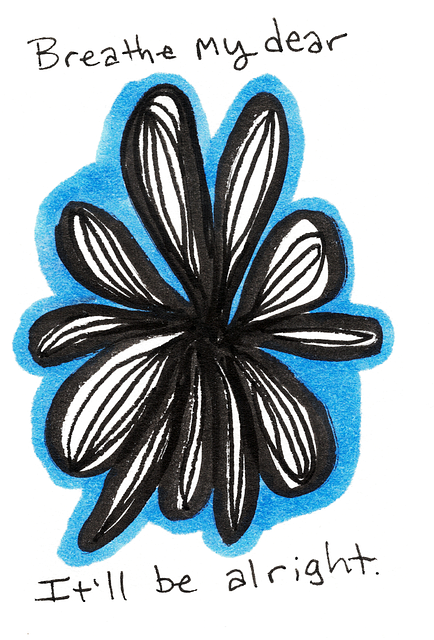For adult cancer survivors, self-care is a vital post-treatment focus, preventing burnout. Holistic therapy addresses emotional trauma, encouraging mental wellness coaching and cultural competency among healthcare providers. Identifying personal needs through introspection and therapeutic outlets like art or mindfulness enhances well-being. Starting small self-care routines, along with community support groups and online platforms, foster mental health awareness. Professional help, such as therapy for adults cancer issues, and practices like journaling and conflict resolution techniques contribute to a holistic approach to emotional and psychological well-being.
“Enhance your post-treatment journey with our comprehensive guide on self-care practices tailored for adult cancer survivors. Understanding the profound impact of self-care on long-term well-being is essential, especially in navigating the challenges that follow cancer care. This article explores effective strategies to identify personal therapy preferences, incorporate wellness routines into daily life, and access support systems, including professional help. Discover how prioritizing self-care can significantly improve the lives of adults dealing with cancer issues.”
- Understanding Self-Care for Adult Cancer Survivors: The Importance of Post-Treatment Well-being
- Identifying Personal Needs: A Journey to Discover Your Therapy Preferences
- Incorporating Effective Self-Care Routines into Daily Life
- Support Systems and Professional Help: Accessing Resources for Continuous Improvement
Understanding Self-Care for Adult Cancer Survivors: The Importance of Post-Treatment Well-being

For adult cancer survivors, self-care extends far beyond mere relaxation techniques; it’s a vital component of post-treatment well-being and is crucial in preventing burnout among those navigating cancer issues. Therapy for adults with cancer often involves a holistic approach that considers not just physical health but also the emotional and psychological aspects of recovery. This includes addressing specific needs unique to each individual, such as fear, anxiety, or depression, which can arise or persist after treatment ends.
Implementing burnout prevention strategies for healthcare providers who support cancer survivors is essential alongside encouraging patients to engage in mental wellness coaching programs development. Healthcare provider cultural competency training ensures that these professionals understand and respect the diverse cultural beliefs and practices that influence self-care, fostering a supportive environment that promotes survivors’ overall mental health.
Identifying Personal Needs: A Journey to Discover Your Therapy Preferences

Identifying your personal needs is a transformative journey that can significantly enhance your overall well-being, especially when navigating challenging health issues like cancer. Many adults with cancer discover that tailoring their self-care practices to their unique preferences and triggers is a powerful tool for managing symptoms and improving quality of life. This process involves introspection and an understanding of what brings comfort, peace, or a boost in mood. For some, it might be engaging in creative outlets like art therapy, which provides an outlet for emotional expression and can serve as a form of stress relief—a valuable asset when dealing with the anxiety that often accompanies cancer treatment. Others may find solace in movement therapies, offering both physical and mental benefits, or prefer mindfulness practices to cultivate inner calm and resilience.
Understanding your therapy preferences is a key step towards personal growth and healing. It empowers individuals to actively participate in their care, make informed decisions, and even guide healthcare professionals on effective strategies for managing cancer-related issues. This awareness can also facilitate the exploration of community outreach programs that offer support groups or specialized services tailored to adults with cancer, enhancing social connections and providing additional avenues for anxiety relief and confidence boosting.
Incorporating Effective Self-Care Routines into Daily Life

Incorporating effective self-care routines into daily life is a powerful tool for anyone, especially those navigating cancer issues and adults undergoing therapy. It’s not just about taking time to relax; it’s a proactive approach to enhancing mental health awareness and overall well-being. Starting small can make a significant difference. For instance, dedicating just 15 minutes each day for mindfulness exercises or keeping a journal can help process emotions and promote mental clarity. These practices create an opportunity for introspection, fostering better self-awareness and communication strategies, which are crucial in managing stress related to cancer treatments.
The integration of self-care becomes a symphony of activities tailored to individual needs. Some might find solace in physical activities like yoga or walking, while others may prefer creative outlets such as painting or writing. Engaging in these practices consistently can be transformative, contributing to improved mental wellness. Additionally, seeking support through online platforms or joining support groups offers valuable connections and encourages open communication about cancer-related experiences, further enriching one’s self-care journey.
Support Systems and Professional Help: Accessing Resources for Continuous Improvement

Support systems play a crucial role in improving self-care practices, especially for individuals facing challenges like adult cancer issues. Beyond personal resources, accessing professional help is vital for continuous growth and healing. Therapy offers specialized care tailored to manage stress, anxiety, and depression, common yet complex emotional responses to such conditions. It’s not a sign of weakness but an act of courage to seek mental wellness guidance from qualified professionals.
For effective self-care, consider integrating mental wellness journaling exercises into your routine. Documenting thoughts and feelings provides clarity and helps identify patterns. Additionally, learning conflict resolution techniques enables better communication in relationships, fostering support networks. Remember, a comprehensive approach leveraging professional resources like therapy for adults with cancer issues, along with personal practices, ensures holistic well-being.
For adults cancer survivors, self-care is a powerful tool for navigating post-treatment well-being. By understanding their unique needs and incorporating effective therapy preferences into daily routines, individuals can enhance their overall quality of life. Accessing support systems and professional help ensures continuous improvement, enabling survivors to embrace a fulfilling future. Remember, prioritizing self-care in the context of cancer issues is not just a recommendation—it’s a game-changer for long-term health and happiness.














